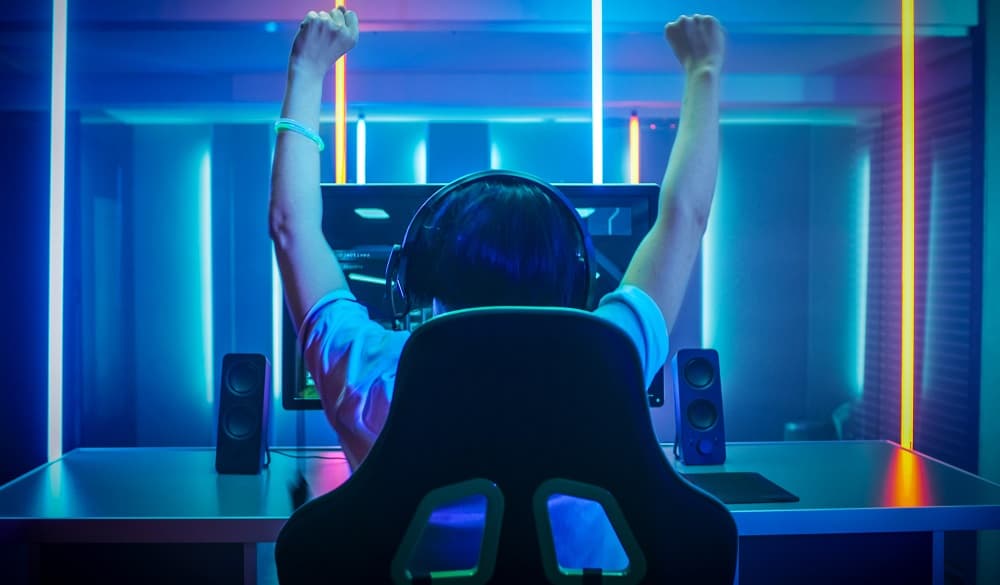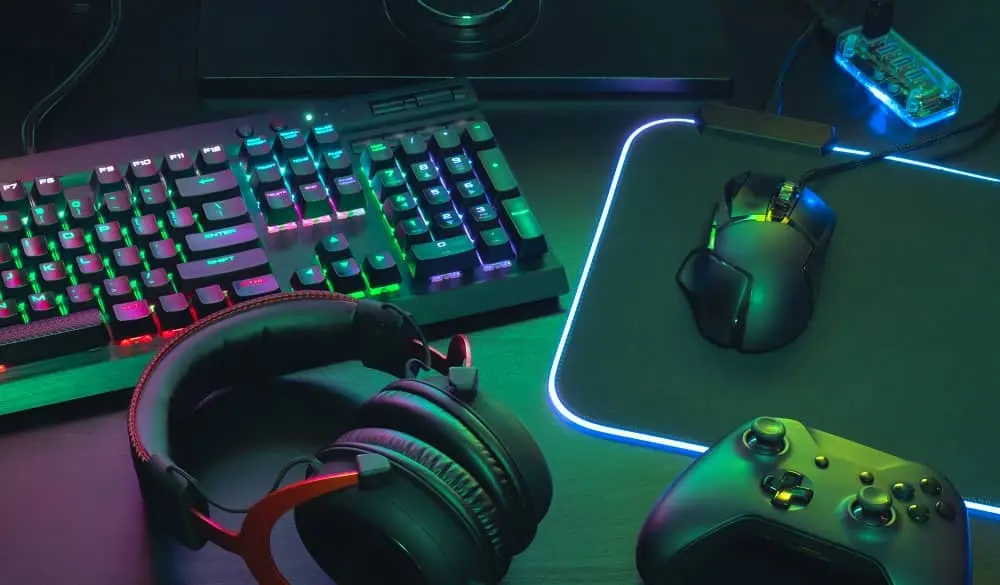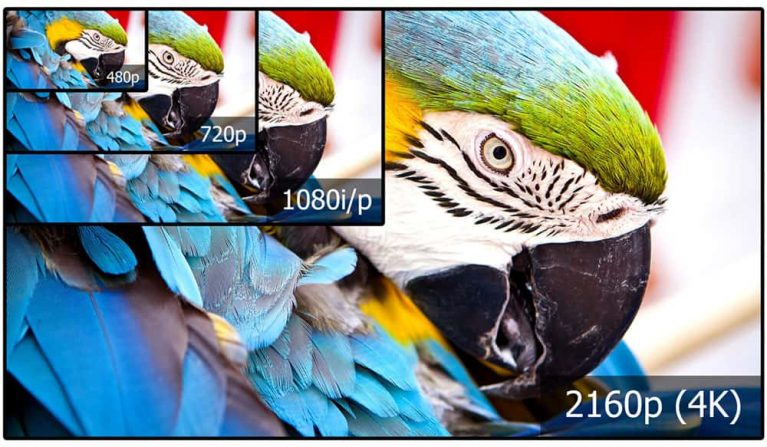How to Spot a Gamer – 10 Signature Traits
In a world where gaming has evolved from a niche hobby into a global phenomenon, spotting a gamer has become more challenging than ever. Gamers come in all ages and sizes, and their interests span across a wide variety of genres and platforms. Whether you’re a fellow gamer or someone looking to understand the gaming world better, this guide will help you how to spot a gamer with ease. I’ll share the insider tips and tricks for identifying gamers in the wild.

Easy Signals to Spot a Gamer
Whether you’re a fellow gamer looking to connect or simply curious about this vibrant subculture, read on to discover how to spot a gamer. Follow these steps or signals to spot a gamer easily.
1. Gaming Accessories
The first clue to spotting a gamer is their accessories. Gamers often invest in specialized gaming equipment and tech to enhance their gaming experience. Look for:
- Gaming Consoles: Gamers who prefer console gaming will have a PlayStation, Xbox, or Nintendo Switch nearby.
- Gaming PCs: PC gamers usually have impressive rigs with powerful graphics cards and customizable RGB lighting.
- Headsets: Gamers rely on high-quality headsets for immersive audio and voice chat during multiplayer games.
- Mechanical Keyboards and Gaming Mice: These tend to be more robust and designed for rapid button presses.
- VR Headset: VR headsets for virtual reality gaming.

While not all gamers will carry these items around, spotting gaming peripherals or gadgets can be a strong indicator.
2. Gaming Merchandise
Gamers wear their passion on their sleeves, or rather, on their clothes and accessories. One of the easiest ways to identify a gamer is through their choice of clothing and accessories. Gamers often proudly display their favorite game franchises and characters through clothing, backpacks, and even jewelry. Look out for:
- T-shirts, hoodies, and caps with logos of popular games or gaming brands.
- Action figures, posters, and other merchandise related to beloved game franchises.
- Oversized mousepads featuring vibrant game artwork are a common sight.
- Caps or beanies displaying game-related symbols.
- Keychains, backpacks, or phone cases featuring gaming imagery.
- Tattoos of gaming symbols or characters.
3. Gaming Lingo and Jargon
Listen closely to the words and phrases someone uses. Gamers have their own unique vocabulary, and if you listen closely, you can often spot them through their use of gaming jargon. Some common gamer phrases and words include:
- “GG” (Good game): A polite way to end a game and show sportsmanship.
- “Noob” or “Newb”: A term for someone who is new to a game or not skilled.
- “FPS” (First-person shooter): A genre of games where you view the world through the character’s eyes.
- “NPC” (Non-player character): Characters in the game controlled by the computer.
- “Loot” or “Drops”: Items collected in the game, often with varying rarity levels.
- AFK: Away from keyboard.
- OP: Overpowered, used to describe something incredibly strong in the game.
- Respawn: Coming back to life in a game after being defeated.
- Grind: Repetitive gameplay to earn rewards or experience.
If you hear these terms in conversation, you’re likely in the presence of a gamer.
4. Game Knowledge
A true gamer possesses an impressive knowledge of games, past and present. Look for:
- In-Depth Game Discussions: Gamers enjoy discussing their favorite titles, their lore, and game mechanics at length.
- Game Recommendations: If someone enthusiastically recommends titles across various genres, they’re probably a gamer.
- Game History: Gamers often have a deep appreciation for the history of gaming, from classics like Pac-Man to modern hits like The Legend of Zelda: Breath of the Wild.
Gamers tend to weave gaming references into their conversations, even in unrelated discussions. If you hear someone drop these references, they might be a gamer.
5. Gaming Skills
If you’re watching someone play a game, their skills can be a dead giveaway. Look for:
- Precise Controls: Gamers often exhibit precise and efficient control over their character or avatar.
- Quick Reflexes: They react swiftly to in-game events, whether it’s dodging an enemy attack or landing a headshot.
- Strategic Thinking: Gamers often think several steps ahead to outmaneuver opponents.

6. The Gaming Demeanor
Observe their behavior when gaming:
- Focused: Gamers can be intensely focused during gameplay.
- Competitive Spirit: They often display a competitive spirit, even in casual games.
- Frustration: Frequent exclamations or reactions to in-game events, both positive and negative.
7. The Gaming Library
Check out their game collection:
- Physical Games: Spot game discs, cartridges, or cases.
- Digital Libraries: A large library of downloaded games on their console or PC.
8. Online Presence
Check their social media profiles. Gamers frequently post about their gaming experiences, share clips, and engage in discussions with fellow gamers. Platforms like Twitch, YouTube, and Discord are often used to connect with gaming communities.
In the age of social media and streaming platforms, gamers often have a significant online presence. Look out for signs of an active gamer online:
- Frequent posts or streams related to gaming.
- A large number of gaming friends on social media.
- Participation in gaming forums, subreddits, or Discord servers.
- Sharing gaming achievements and experiences.
9. Time Management and Priorities
Gamers can be dedicated to their craft, sometimes to the point of altering their daily schedules. If you notice these habits in someone, they might be a gamer:
- Irregular sleep patterns or late nights gaming.
- Frequent discussions about upcoming game releases.
- Prioritizing gaming sessions over other commitments.
- Owning a gaming chair or comfortable gaming setup.
- They might have a set time each day or week when they log in to game.
- Gamers anticipate game releases and often take time off work or school to dive into new titles.
10. Gaming Tattoos
Some gamers take their passion to the next level by getting tattoos of their favorite game characters, logos, or quotes. These tattoos are often a permanent badge of honor.
Frequently Asked Questions (FAQs)
Conclusion
Spotting a gamer in today’s diverse gaming landscape is more accessible than ever if you know what to look for. From their gaming gear to their jargon and in-depth knowledge of games, gamers leave a trail of clues that reveal their passion. However, remember that gaming is a vast and inclusive community, so don’t judge a book by its cover. Gamers come from all walks of life, and their passion for gaming is what unites them. So, whether you’re a fellow gamer or just curious about this vibrant world, use this guide to spot a gamer and strike up a conversation about your favorite games. Who knows, you might make a new gaming buddy along the way!


